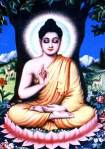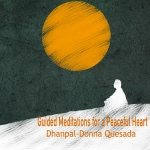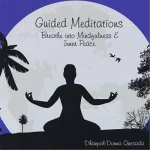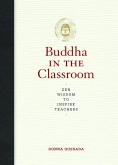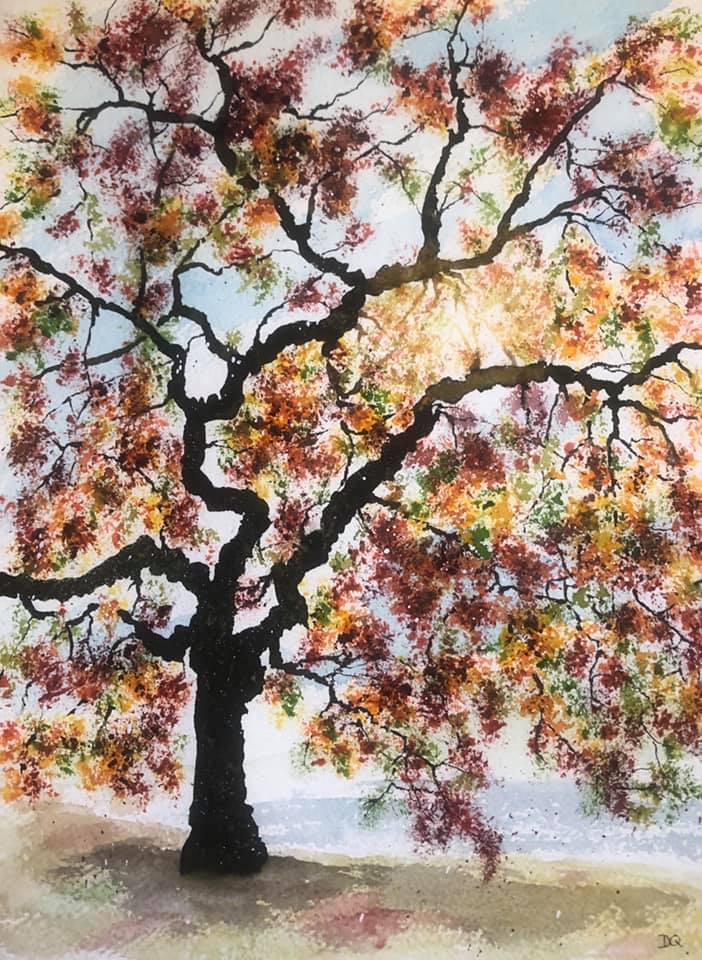
The Realization—
It had been a long and exhaustive weekend. We went deep into many areas of personal betterment in a weekend training seminar. Sometimes the simplest-seeming things are the most memorable. One of those moments came when my favorite female teacher answered one of my questions with nothing more than this: “you don’t need to over explain.” I’m not sure I even remember the question anymore… I do remember that it had to do with the problem of explaining difficult concepts. What really struck me was the simplicity of her response. But also the thud of the obvious… such as when you’re hemming and hawing about asking someone to the dance… wondering how to do it, how to approach him/her, and what to say… when your best friend casually suggests, “why don’t you just ask him/her?”
But it sometimes takes years… I mean… decades to learn a new trick. Skip ahead 10 years to a lovely dinner party.
Example—
Host: Oh, you teach Taoism… what’s that about?
What I could’ve and should’ve said: An ancient Chinese philosophy that embraces nature and finding peace within the natural rhythms of life.
What I did say:
Me: ”If I was cornered and forced to explain, in a word, (Hah!… “a word”) what Taoism is, I’d say it all comes down, as all wisdom teachings do, to non-resistance.” (Ohh… but wait there’s more!) “It’s all about letting go,” I continued, “…letting go of our attachments, which conflict with what Lao Tzu calls the way of nature.” (Oh, but yes… I did!)
Another Example—
A relative ran an invitation by me…
Relative: We’d love if you could join us on a group vacation to Puerto Vallarta, by cruise ship.
What I was thinking: Hmm… that sounds like a nightmare… I’m not a group travel kind of gal. I have sleep issues, and I like to make my own schedule, and I’m an introvert, and I get seasick.
Which came out like this…
Me: “Well, I’ll have to check my teaching schedule… Things’ve been hectic this last year, with the pandemic and all, and I’m grateful to have work.. so, I gotta accept whatever course-load they offer, since colleges have really taken a hit… so I’ll check in with you sometime in the next few weeks…”
But, this would’ve been enough: “Thank you for thinking of me, but I don’t do well with cruises… Let’s get together when you’re back, though!”
Why Do We Over-Explain?—
Why do we feel we have to prove and convince?
Why do we feel that a simple word or two isn’t enough? Is it insecurity? Is it distrust of the other person’s ability to understand? Or, perhaps we seek approval… and so we continue our presentation, looking for that satisfying nod of approval. Is it the overachiever’s complex?… wanting to “be the best student” and do good, thorough work? Especially in my case… having gotten my degree in philosophy, a discipline which requires you to “argue your points with sufficient supporting evidence.” I remember being told that it’s not enough to know philosophy; one must be able to DO philosophy, which captures that spirit of argumentation. That’s why philosophers make good attorneys. This is certainly part of my own answer and the rest is probably a combination of all of the above.
With regard to the overachiever’s complex… life isn’t a classroom. And most people don’t need or want a lecture. And a thorough explanation simply isn’t needed. Most people just want a token word to satisfy a passing lackadaisical curiosity. Especially at a social gathering. And if there’s a genuine interest and a need to go deeper, you’ll know it. All those extra words serve about as much purpose as the extra clothes in our suitcase that never get worn on trips. But we bring them anyway, ‘cause… Better make sure!
Insecurity—
But, the more interesting reason has to do with insecurity. Needing the other’s approval.
The Irony: While thinking that saying more will solidify our point, it actually does the opposite. While thinking that having the complete answer will boost our own sense of potency, it actually diminishes it, by making us appear unsure of ourselves. In another stroke of irony, while we think that a lengthy explanation will tighten the fortress against any possible objections, it actually leaves us more susceptible, since the insecurity will be felt. On the other hand, one strong statement communicates solidity, with no aggression, no sarcasm, and no over-explaining. It simply says, this is what it is. period.
Accept Your Power—
My own teacher, Guru Singh, speaks often about self-authorization. This is another way of saying accept your power!It means breaking through the self-imposed blocks that we place on ourselves, due to the old fear-based, restrictive stories that we have been imbibing for years… stories that come from every corner… family, culture, educational systems, peers and social media.
With this freedom there are no blockages; you have the probability of every possibility; ideas and solutions for each moment are inside of each moment…you’re virtually “unstoppable.” Of course, with this incredible freedom, you must now deal with the ‘equal and opposite’ — it’s the law of nature. The equal and opposite of total freedom is the daunting sensation that you have no right, you have no authority to be so free. This is life’s natural reaction; the only way around this is for you to be ‘self-authorized’ — give yourself the authority — no one can do this for you. It’s called Raj Yoga for a reason — the universal authority of royalty. ~Guru Singh
As part of our own awakening process, which includes the granting of our self-authorization, it’s crucial to reflect on our beliefs, which are built on the foundation of all those stories. If they are disempowering and limiting, then they will continue to compromise our ability to trust our own voice, our own convictions, as well our own personal truths. And we will lack the confidence to speak directly and simply. Funny, it goes back to the most oft-repeated refrain in all of western philosophy… Know Thyself.
*note: I originally wrote this article for Awaken.com


